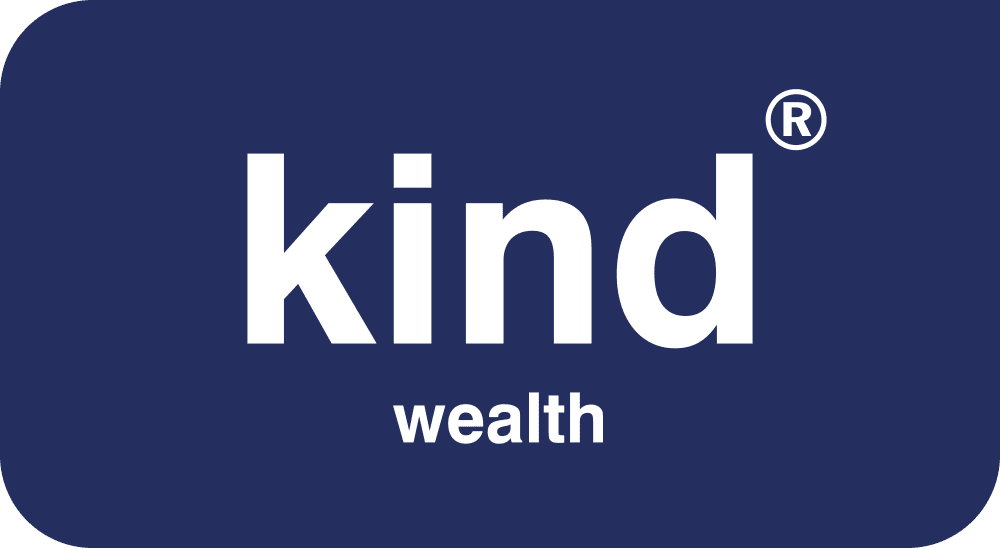While inflation continues to be a challenge for many economies, there are positive signs in the UK and around the world. Read on to find out what may have affected stock markets and your investment portfolio in March 2024.
Remember, volatility is part of investing and most people should invest with a long-term outlook. If you have any questions about your investment strategy or performance, please contact us.
UK
In March, chancellor Jeremy Hunt delivered the 2024 Budget and set out the government’s spending and changes to taxation. One of the big announcements was a 2% cut to employee National Insurance, which follows a previous cut made in the 2023 Autumn Statement.
The Resolution Foundation, a thinktank, said pensioners were among the biggest losers in the Budget, as National Insurance is paid by workers but not people who are retired.
Investment bank Citigroup responded to the Budget by saying the Office for Budget Responsibility (OBR) was being too optimistic when it assumed productivity would grow by 0.9%. The organisation predicts a more modest 0.5% and said it means the UK could be “fiscally offside by around £50 – £60 billion”.
The OBR recognised that productivity has been poor since the 2008 financial crisis. In fact, growth has fallen from 2.5% a year to 0.5% – the economy would have been around 30% bigger today if the pre-2008 trend had continued.
David Miles, a member of the OBR, said the last 15 years have been so bad, that the next 5 to 10 years are likely to be a “bit better”. He particularly noted that AI could help boost productivity.
Inflation continued to fall in the 12 months to February 2024, with a rate of 3.4% – the lowest since September 2021.
Despite the positive news, the Bank of England (BoE) held its base interest rate at 5.25%. Huw Pill, chief economist at the BoE, said he believed more compelling evidence was needed before a cut would be made and it could be “some way off”.
The UK fell into a technical recession at the end of 2023, but the BoE said signs suggest it is already over.
Figures from the S&P Global Purchasing Managers’ Index (PMI) also support this. Private sector growth hit a nine-month high in February, indicating that the recession was shallow. However, the manufacturing sector continued to face challenges, with PMI data showing weak demand and supply chain disruption are contributing to a downturn.
Despite figures from the Insolvency Service indicating businesses are struggling, as insolvencies hit a 30-year high in 2023, there is some good news for investors.
The FTSE 100 – an index of the 100 largest companies listed on the London Stock Exchange – hit a 10-month high on 21 March when it increased by around 1.1%. Mining stocks were among the main risers amid expectations that the US Federal Reserve will cut its base interest rate soon.
Greggs also saw its stock rise during March. The bakery chain revealed like-for-like sales increased by 13.7% in 2023, while pre-tax profits jumped 27% to £188.3 million. The firm added it expected another year of good progress in 2024.
Europe
According to data from Eurostat, inflation across the eurozone continued to fall in February 2024, when it was 2.6% compared to 2.8% a month earlier.
While many countries in Europe are battling high inflation, Turkey’s rate of inflation has consistently been in double digits since the end of 2019. In February, it hit a 15-month high of 67%. In a bid to cool the soaring cost of living, Turkey’s central bank increased its interest rate to 50%; this compares to a rate of 8.5% just a year ago.
The pan-European Stoxx 600 index reached a record high on 13 March boosted by upbeat company results from the likes of energy supplier E.ON and retailer Zalando. Buoyant company forecasts indicate that businesses are feeling optimistic about the future.
US
Inflation in the US unexpectedly increased to 3.2% in the 12 months to February 2024. The news dampened hopes that an interest rate cut would be announced soon.
A consumer sentiment index from the University of Michigan suggests Americans have a gloomy outlook about economic conditions and prospects for the future. Pessimistic consumers might be more likely to curb their spending, which could harm businesses.
Data from the US Federal Reserve also indicates that businesses are taking a more cautious approach. Average hourly earnings increased by just 0.1% in February 2024, while unemployment reached 3.9% – the highest figure since January 2022.
Technology giant Apple saw its shares fall by around 2.5%, wiping around $70 billion (£55 billion) off the value of the company, on 4 March following an EU-issued fine. The EU fined the company €1.8 billion (£1.54 billion) after it was found to have broken competition laws by imposing curbs on app developers.
Asia
Japan’s main index, the Nikkei, hit 40,000 points for the first time on 4 March after it increased by 0.5%, partly thanks to a weak Japanese Yen helping exporting businesses. The milestone follows a strong start to the year – the Nikkei has gained almost 20% since the start of 2024 thanks to booming technology firms.
The Bank of Japan also made its first interest rate hike in 17 years and ended eight years of negative interest rates, which sought to encourage lending. The bank’s base rate increased from -0.1% to 0.1% after board members said they expected to achieve 2% inflation in the coming year after decades of deflation and stagflation.
China continues to face a property crisis, which is affecting consumer spending and lending, as well as economic growth.
The Chinese government previously cracked down on property speculation that sent prices soaring. However, the property market peaked in 2020 and has faced a downturn ever since.
According to the country’s National Bureau of Statistics, house prices continued to fall in major cities in February. The organisation said it expects real estate to remain the main drag on economic growth in 2024.
Please note:
This blog is for general information only and does not constitute advice. The information is aimed at retail clients only.
The value of investments can fall as well as rise. You might get back less than you invested.
You should only consider these products if you are willing to take some risk with your capital. We will consider whether such products are suitable for you before recommending an investment.
Past performance should not be regarded as a guide to future performance.
Investments should be considered over the longer term and should fit in with your overall attitude to risk and financial circumstances.
Approver Quilter Financial Services Limited & Quilter Mortgage Planning Limited. 11/04/2024



